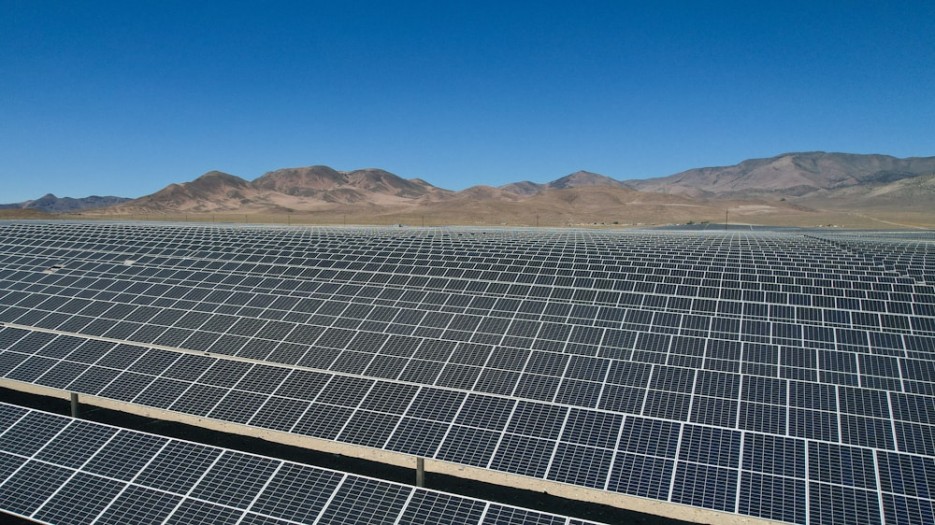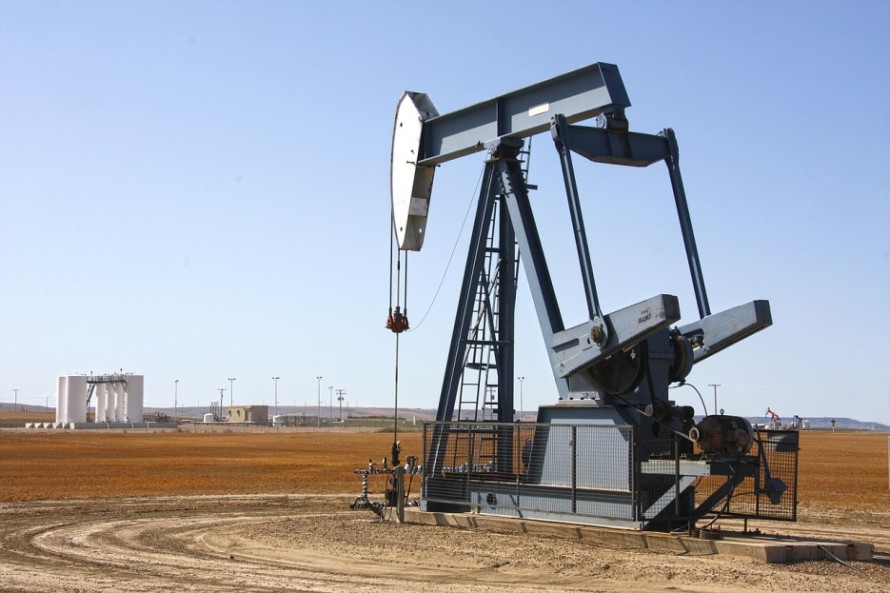
The Federal Reserve’s plans to lower interest rates this year could be put on hold due to a confluence of factors: robust US economic growth, stubbornly high oil prices, and ongoing global uncertainties. This news comes as a surprise to many who anticipated rate cuts starting in mid-2024.
*Digital Weekday earns a commission for products purchased through links included in this article.*
Earlier this year, the Fed embarked on a series of interest rate hikes to combat inflation, which reached a peak of over 7% in June 2023. These hikes were successful in bringing down inflation to a still-elevated level of around 3.5%. However, the recent economic data paints a surprisingly strong picture.
The US economy continues to defy expectations, adding jobs at a healthy clip and experiencing stable consumer spending. “The labor market remains remarkably tight,” noted Federal Reserve Chair Jerome Powell during a recent congressional hearing. “The unemployment rate sits near historic lows, and wage growth shows signs of moderation, but remains elevated.”
This robust economic performance presents a dilemma for the Fed. While lower interest rates could further stimulate economic activity, they could also reignite inflationary pressures. The Fed walks a tightrope, aiming to achieve “price stability” (keeping inflation low) alongside “maximum employment” (a healthy job market).
Adding fuel to the fire are persistently high oil prices. The ongoing war in Ukraine and recent drone strikes on Russian oil infrastructure have tightened global supply, pushing crude prices back above $90 a barrel. This directly impacts consumer spending power, and higher energy costs can translate into higher prices for goods and services across the board.
Beyond the US, global economic uncertainties also complicate the Fed’s decision-making. A potential slowdown in China, the world’s second-largest economy, could dampen global demand for goods and services, impacting US exports. Additionally, ongoing geopolitical tensions in the Middle East raise the specter of further disruptions to oil supplies.
The Fed’s decision to hold rates could have a significant impact on financial markets. Investors who had positioned themselves for rate cuts might need to adjust their strategies. Additionally, businesses and consumers may face a longer wait for lower borrowing costs.
However, analysts believe that the Fed’s prioritization of price stability is the right move in the long run. The next Fed meeting will be closely watched by markets and economists alike. Any indication of a shift in the Fed’s stance on interest rates could trigger significant market movements.
For now, the Fed seems content to maintain the status quo, allowing the US economy to cool down naturally while closely monitoring inflation and global developments. This decision, while potentially delaying desired relief for borrowers, might ultimately promote long-term economic stability for the United States.
Further Reading
Discover NPR’s Best Book of The Year: “Limitless: The Federal Reserve Takes on a New Age of Crisis” by author Deckle Edge
Disclaimer: Digital Weekday receives a commission when a product is purchased through affiliate link(s) included in this article.
Source: Digital Weekday









